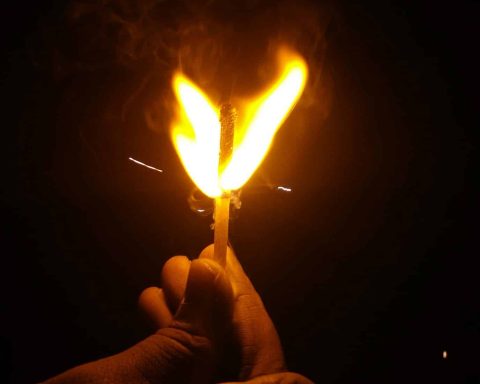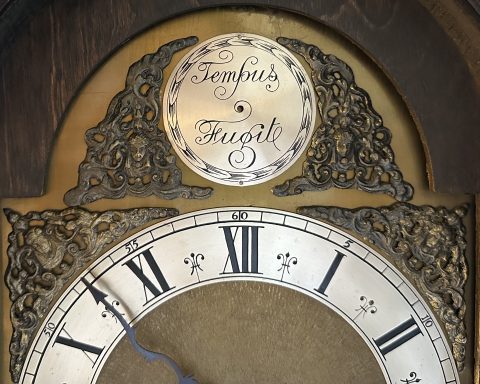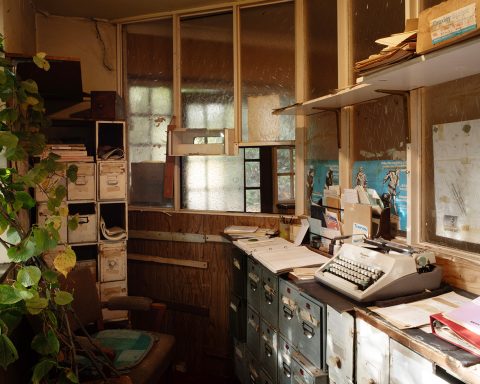 William Roberts is a final year medical student at the University of Oxford with interests in acute and emergency medicine, palliative care, and medical ethics.
William Roberts is a final year medical student at the University of Oxford with interests in acute and emergency medicine, palliative care, and medical ethics.
Reflecting on and learning from experiences is an essential part of developing clinical practice. There exists however, a tension between the reflections one may wish to make upon a learning event and what it may or may not be appropriate to write in the recorded portfolio. Following the Bawa-Garba case, 1 and the attendant worry about being summatively judged by our disclosures, my student colleagues and I are sometimes invited to consider having two reflective practices: one shared with educational supervisors; and one private, in which one can explore experiences they may not wish to be more formally noted. In my opinion, this detracts from the process of reflection and transforms it into a tick-box exercise in which the practitioner completes a superficial review of an experience for discussion with a supervisor. The real learning is then left to be undertaken unsupported.
Having fallen foul of this trap myself and having been ‘critiqued’ for writing in too-detached a style, I was intrigued to see how a creative writing approach would change the process of reflection.
As part of a self-selected module in ethics education, I took part in a one-day course on creative writing and medical ethics, run by the Society of Apothecaries of London’s Faculty of History and Philosophy.2 The day was led by Helen Mosby and Andrew Papanikitas, who in turn discussed the literary and ethical aspects of participants’ work.
…I was intrigued to see how a creative writing approach would change the process of reflection.
I was pleasantly surprised to discover how cathartic and insightful the experience was. In terms of the reflection itself, by writing as a character one could somewhat distance oneself from an event. This gave a freedom to be more honest and descriptive about the emotions and thought processes involved. In a profession where stoicism is highly valued, to explore one’s reactions through the lens of a character allows oneself a level of vulnerability that might otherwise go unacknowledged. The proviso that this is a creative piece also allows for better anonymity of patients and staff and one feels more able to change aspects these characters than if one was simply reporting. Additionally, because of the creative nature of the reflection, one can convey their experience and understanding of events through more than just the words used. The structure of the reflection, be it prose or poetry, can give the reader insight into the mind of the author. Hurried stanzas and sentences cut short can convey a sense of urgent thought perhaps better than this can be put into words (if even this is attempted through a ‘normal’ reflective piece).
This gave a freedom to be more honest and descriptive about the emotions and thought processes involved.
Of course, there is a balance to be struck between the creative and reflective processes. Whilst it may be useful for the author to explore a wide range of characters and outcomes in their work, the purpose of the piece remains to discover learning outcomes for application to clinical practice. Care must be taken that this purpose remains clear when providing such creative work as submitted reflections (of course, a clinician should feel free to explore their experiences in any way they see fit for their own personal development). Another consideration is for the audience – as we discussed during the session, should a clinician present a creative piece as reflective practice, they should additionally present a commentary explaining their choice. Whether this detracts from the creative process or purpose of approaching reflection from a creative standpoint remains to be seen.
I found the creative writing in medical ethics workshop an invaluable experience. The format allowed for in depth discussion of both the events that occurred in each participant’s piece and the writing techniques and styles they employed to effect. There was however limited time to explore the other aspects of the workshop such as a specific discussion of ethical considerations in creative writing or characterisation, some of which came up organically in discussion. This said, I was glad we spent the time we did discussing each other’s work and the thought-processes behind it.
I felt that (as well as writing technique) the workshop had potential as a safe space to discuss difficult experiences in terms of medical ethics. There was mutual respect between participants from a range of medical and non-medical backgrounds. I would recommend this or similar workshops to clinicians at any stage of development. I will be taking forward the use of creative writing for reflection. I doubt it will become my primary method, but for those experiences where one feels uncomfortable admitting their own feelings, it can/could be invaluable.
References
1. Dyer, C. & Cohen, D. How should doctors use e-portfolios in the wake of the Bawa-Garba case? BMJ 360, k572 (2018).
2. https://www.apothecaries.org/medical-ethics-one-day-course/ [accessed 6/3/24]
Declaration of interests: Andrew Papanikitas was co-lead of the Creative Writing session with the Apothecaries. He is both my Educational Supervisor and Deputy Editor of this journal.
Featured photo by Brett Jordan on Unsplash






